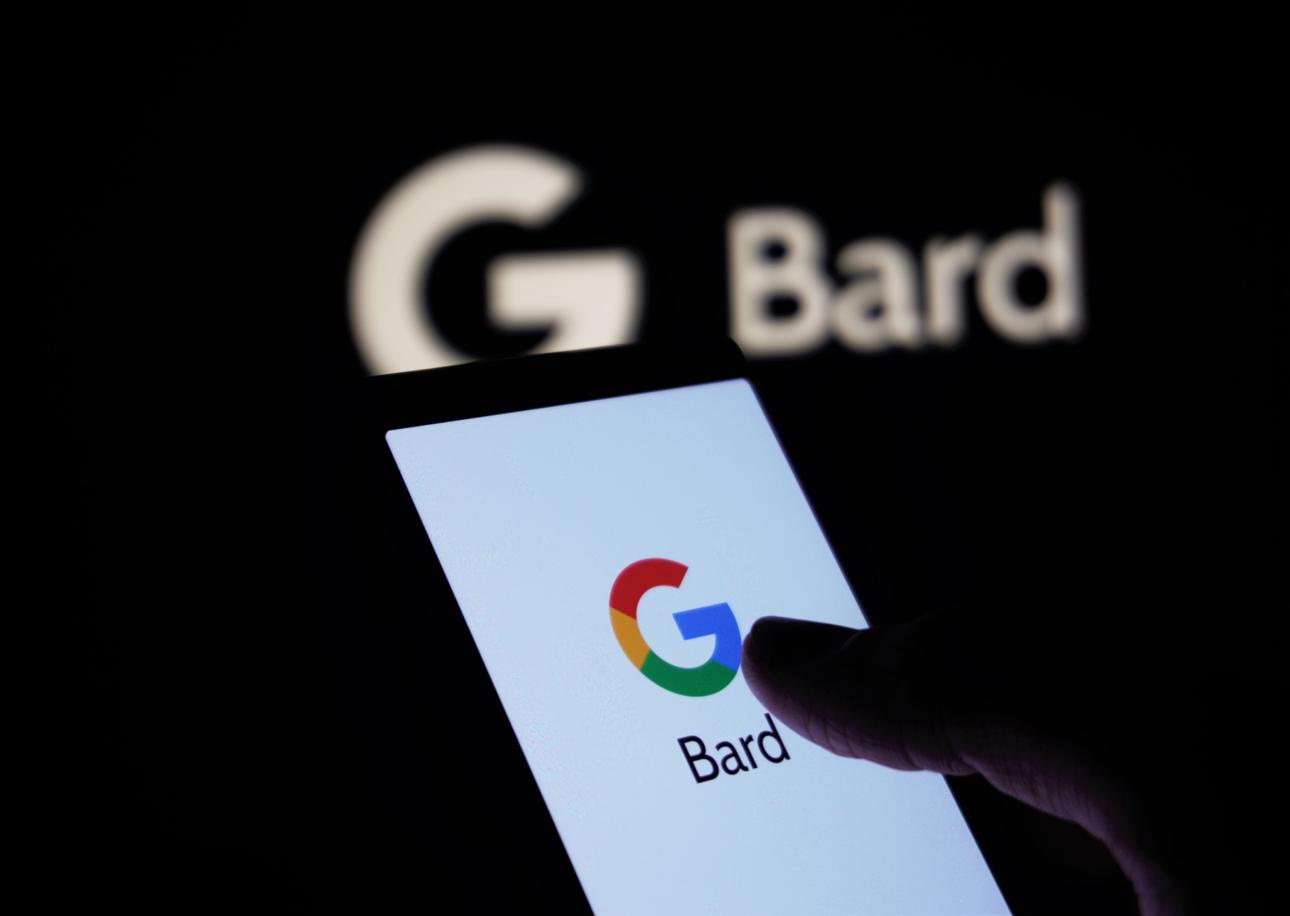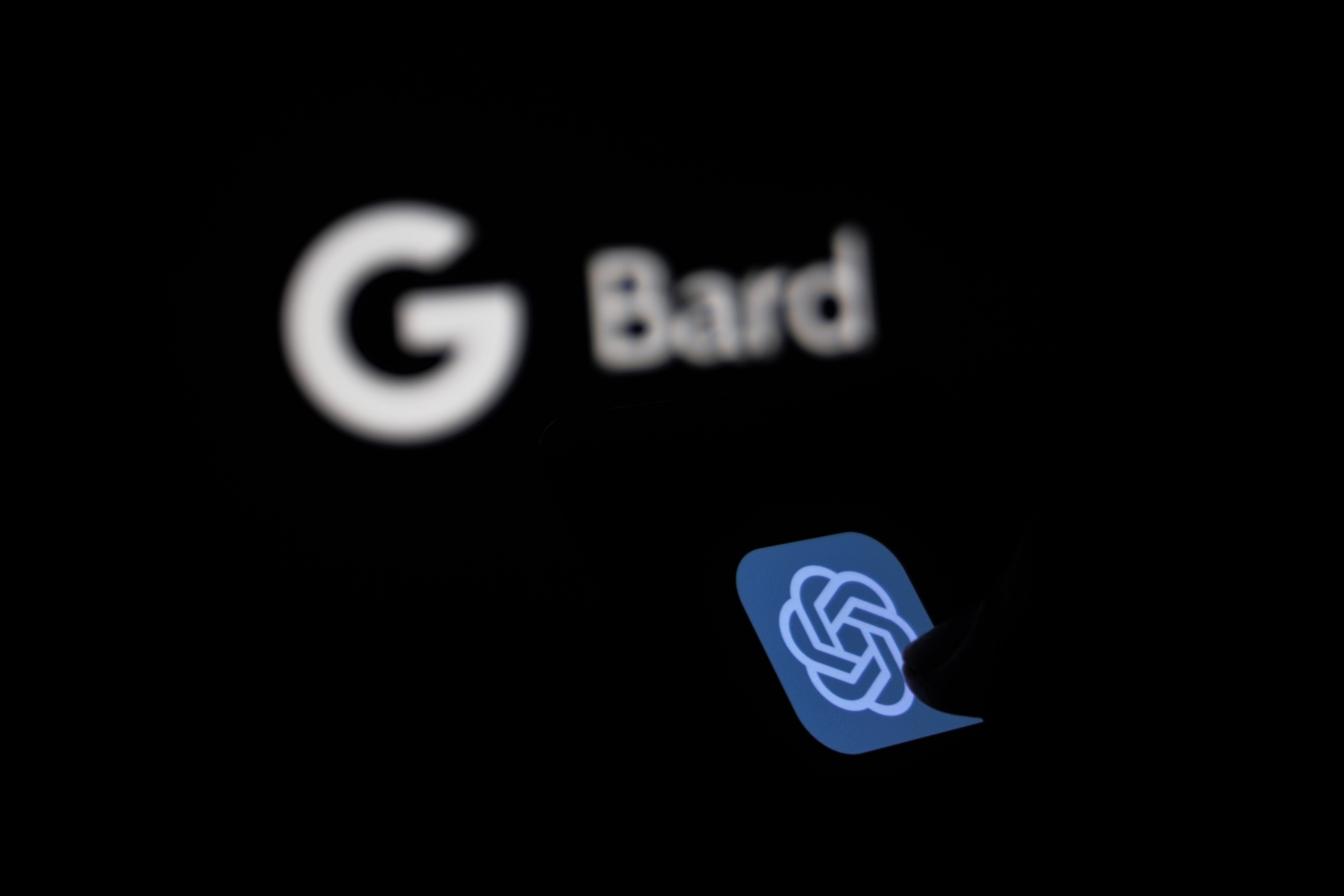Gentlemen’s Guide: Bangkok’s 5 Best Barber Shops
These top 5 barber shops in Bangkok are where gentlemen can elevate ...

American multinational technology conglomerate holding company Alphabet Inc. has recently announced the launch of its AI chatbot, Bard, across Europe and Brazil, expanding its availability to hundreds of millions more users. This expansion marks Bard’s most significant step since its initial release back in February. Moreover, this move places Bard in direct competition with its rival ChatGPT by Microsoft.
Both Bard and ChatGPT are human-sounding programs that use generative artificial intelligence to engage in conversations with users and address a wide range of prompts. These innovative products have sparked considerable worldwide interest, but also with caution.
Companies have enthusiastically embraced the AI trend by investing billions with the expectation of significant returns and cloud revenue. Last month, Elon Musk also ventured into the AI world by launching his own artificial intelligence startup xAI, with a team made of several former engineers from Microsoft, Google, and OpenAI.

Google has also now added new features to Bard, which apply worldwide.
Google senior product director Jack Krawczyk stated that Bard will be available in over 40 languages, including Thai, Arabic, Hindi, Chinese, German, and Spanish. He added, “Sometimes hearing something out loud can help you approach your idea in a different way. This is especially helpful if you want to hear the correct pronunciation of a word or listen to a poem or script.”
He also mentioned that users now have the ability to modify the tone and manner of Bard’s replies, selecting from options like simple, extended, concise, formal, or informal. They can also pin or rename conversations, export code to a wider range of locations, and incorporate images into their prompts.

However, new AI systems have also triggered worries about things like data privacy, breaking copyright rules, and spreading false information. The introduction of Bard in the European Union had experienced delays due to the involvement of regional privacy regulators. Krawczyk stated that Google had subsequently engaged with these regulatory bodies to address concerns regarding transparency, options, and user control. A new class action lawsuit has been filed against Google in the United States, accusing the company of utilising users’ personal information improperly for the purpose of training its artificial intelligence system.
Google Bard has already launched a demo version in Thailand. For more information, visit bard.google.com.
These top 5 barber shops in Bangkok are where gentlemen can elevate ...
Wandering around the globe, try out the signature tastes of cultures across ...
We asked Thai actresses and got real stars, fictional heroes and everything ...
Pets, as cherished members of our families, deserve rights and protections that ...
Sailorr and Molly Santana’s black grills fuse hip-hop swagger with homage to ...
VERY THAI: In this regular column, author Philip Cornwel-Smith explores popular culture and topics ...
Wee use cookies to deliver your best experience on our website. By using our website, you consent to our cookies in accordance with our cookies policy and privacy policy